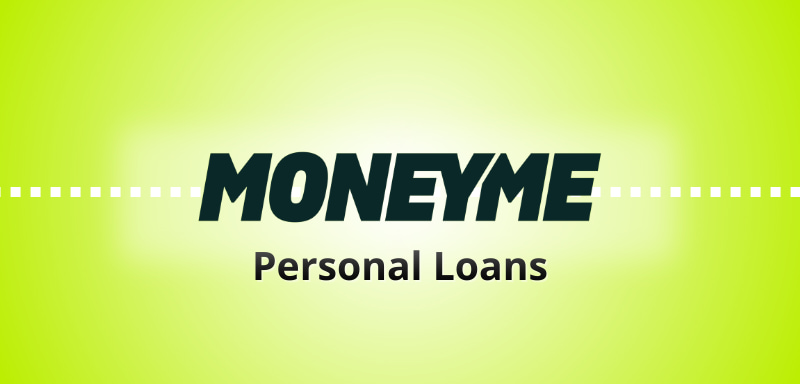Debt Management
Debt Consolidation Loans: A Strategic Guide to Managing Multiple Debts
Advertisement
Understanding Debt Consolidation
What It Is
Debt consolidation is a strategic approach to managing multiple debts. It involves combining various high-interest debts into a single, more manageable loan, typically with a lower interest rate.
The Process Explained
- Assessment: Begin by evaluating all your debts, including credit card balances and high-interest loans.
- Loan Application: Apply for a debt consolidation loan from a credible lender. The goal is to secure a loan with a lower interest rate than your current debts.
- Debt Repayment: Use the loan to clear existing debts, transitioning to a single monthly payment.
- Benefits: This often results in reduced interest rates and simplified financial management.
Expert Insights on Benefits
- Financial Simplification: Consolidating debts streamlines your financial obligations, reducing stress and improving manageability.
- Reduced Interest Rates: Typically, these loans offer lower rates compared to credit cards, leading to potential savings.
- Credit Score Enhancement: Consistent, timely repayments can positively impact your credit score.
- Accelerated Debt Clearance: A structured plan and lower rates can expedite your journey to becoming debt-free.
Evaluating Suitability
- Interest Rate Analysis: Ensure the consolidation loan’s rate is beneficial compared to existing debts.
- Commitment to Discipline: Effective consolidation requires avoiding further debt accumulation.
- Understanding Terms and Fees: Fully comprehend the loan’s terms and any associated fees.
- Credit Score Considerations: Consult a financial advisor to understand the impact on your credit score.
Diverse Consolidation Options
- Personal Loans: A straightforward, unsecured loan option.
- Home Equity Loans/HELOC: Leverage home equity for potentially lower rates.
- Balance Transfer Cards: Utilize low-interest promotions for credit card debt.
- Debt Management Plans: Engage with credit counseling for negotiated terms.
- Debt Consolidation Services: Professional services can guide the consolidation process.
Avoiding Common Mistakes
- Debt Recurrence: Resist the temptation to accrue new debt.
- Inappropriate Loan Choices: Select a loan that aligns with your financial objectives.
- Addressing Underlying Issues: Tackle the root causes of debt, such as spending habits.
- Steering Clear of Scams: Research thoroughly to avoid fraudulent services.
Steps Beyond Consolidation
- Emergency Savings: Build a fund for unexpected expenses.
- Budgeting: Implement a detailed budget for effective financial management.
- Investment Strategies: Consider investing as a means to grow wealth post-debt.
- Ongoing Financial Education: Continuously enhance your understanding of personal finance.
Conclusion
Debt consolidation can be a transformative tool in your financial toolkit, but it demands careful planning, disciplined financial behavior, and a commitment to long-term financial health.
Trending Topics

MoneyMe Personal Loans Review: Money in your account in 1 minute!
Experience fast, flexible loans with MoneyMe - with easy online application. Check the pros and cons and learn how to apply.
Keep ReadingYou may also like

Bank Australia Lifestyle Personal Loan review: For both small and big plans
A loan that aligns with your values? The Bank Australia Lifestyle Personal Loan combines great features with a commitment to sustainability.
Keep Reading


